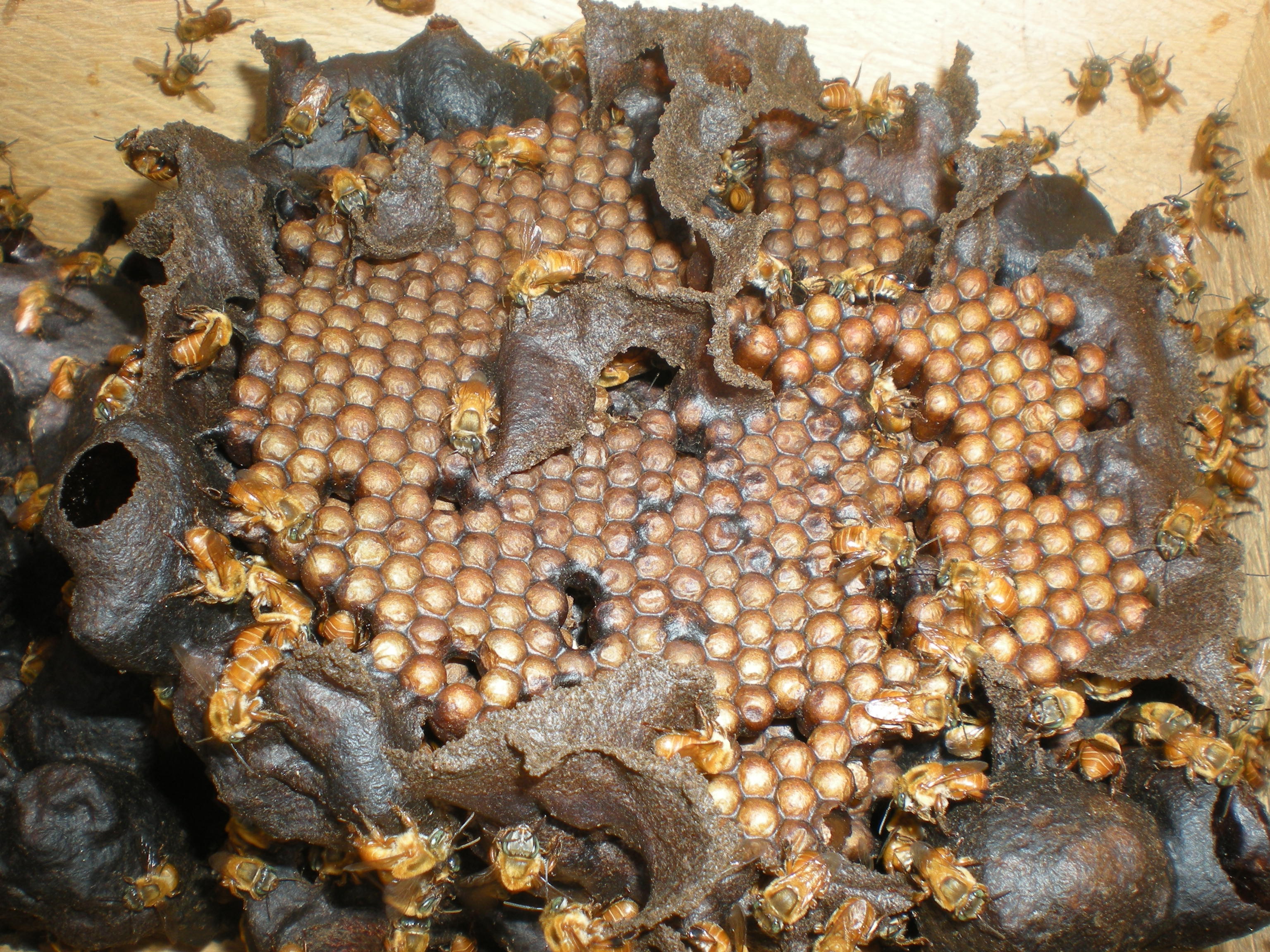 The Sustainable Amazon Partnership (SAP) is a program that promotes lasting sustainable management of the Brazilian Amazon Rainforest, focusing on the conservation of the Açaí palm tree and on the improvement of the conditions of its supply chain. The program is led by Sambazon, an Acai-based company, and also has the support of other companies such as Tarte Cosmetics, Zorbitz and Veev Spirits.
The Sustainable Amazon Partnership (SAP) is a program that promotes lasting sustainable management of the Brazilian Amazon Rainforest, focusing on the conservation of the Açaí palm tree and on the improvement of the conditions of its supply chain. The program is led by Sambazon, an Acai-based company, and also has the support of other companies such as Tarte Cosmetics, Zorbitz and Veev Spirits.
Since 2008, the Peabiru Institute has been working as a partner in Brazil and receives the resources from the Sustainable Amazon Partnership (SAP) to perform some studies and work together with the communities supplying Açaí. The Institute receives the resources through the BrazilFoundation’s Donor Advised Program.
The Peabiru Institute was created in 1998 and is headquartered in Belém, Pará. Its mission is to enhance cultural and environmental diversity and to support processes of social transformation in the Amazon. The resources received through SAP are being invested in the Wild Bees Honey Program. This program was chosen for two reasons: first, because the production of honey can diversify and increase the income of Açaí farmers and consequently improve their livelihood security; and second, because wild bees are the major pollinators of Açaí, thereby contributing to the conservation of the local eco-system.
The Wild Bees Honey Program involves environmental education, debates about deforestation, and pollination. Currently the program supports 350 rural families in the Estuary of the Amazon River, in the states of Para and Amapa.



